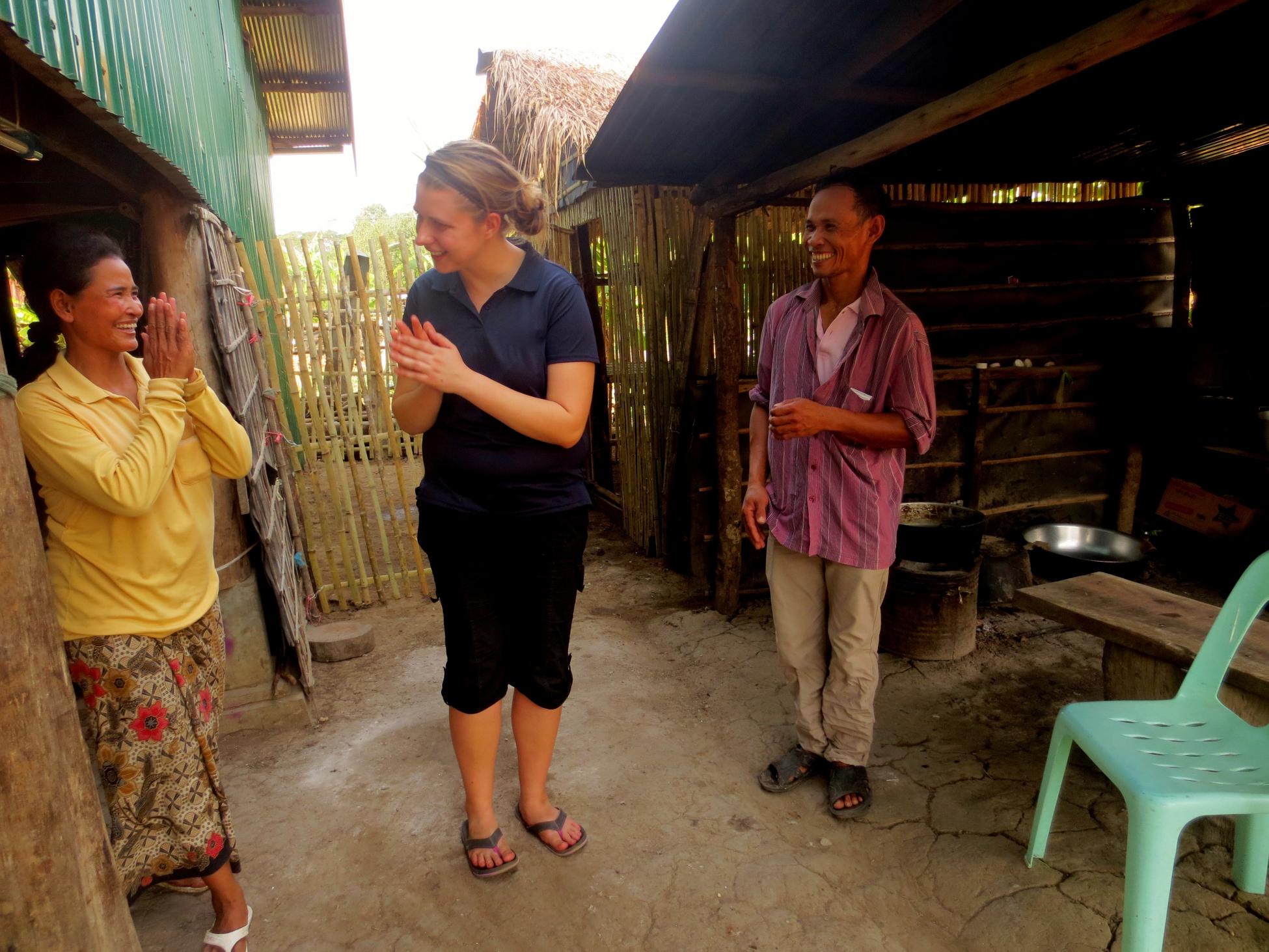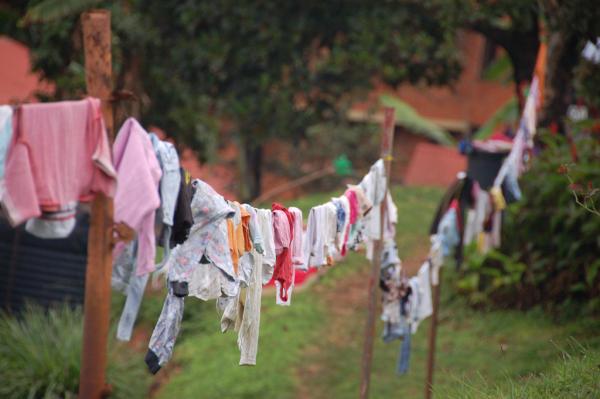Dear Aspiring Overseas Volunteer,
Before you pack your bags, there are a few things I want you to know. Things I wish somebody would’ve told me before I started volunteering overseas.
When I first signed up as an intern to fight human trafficking in Cambodia, I had high expectations for how I’d help at-risk villages, and even higher expectations for how my experience would spur my own personal transformation.
I ended up leaving the field debilitated, disillusioned and utterly defeated.
As I learned the hard way, there’s far more to pre-departure preparation than just getting vaccinated against typhoid and yellow fever. I also needed to be inoculated with a good dose of reality so that I could start out my service with healthy boundaries and realistic expectations.
The truth is that international volunteers are bound for more than adventure and warm, fuzzy feelings. Here are five of those things you might encounter:
1. You’re probably not headed for glamorous work.
While you might envision yourself cuddling adorable children or freeing sex slaves, the reality is that volunteering abroad sometimes looks more like scrubbing toilets and pushing papers. International development is a hard field to break into and it takes many years to move into more specialized work. Don’t be discouraged—it’s all an integral part of the broader mission.
2. You might be too burned out for adventure.
And you might be surprised at the sources of your burnout: the climate or elevation; pangs of loneliness and homesickness; or struggling to grasp the language. You might end up being so tired that you sleep away your days off instead of inundating your Instagram account with pictures of you exploring ancient ruins, trendy markets or jungle-fringed beaches.
3. Your sending organization doesn’t determine what kind of an experience you have.
While they might take care of your logistical details, it’s ultimately up to you to assign value to your experience. Your attitude determines whether you see victims or human souls, expect perfection or the truth, and demand immediate outcomes or bear with the process.
4. You might not hear much about mental health.
In your orientation session, it might not come up that there’s a 30 per cent chance that you’ll suffer from symptoms of post-traumatic stress disorder if you’re engaged in certain types of aid work. And your trainers may not instruct you in the coping strategies that will help stave off compassion fatigue and deal with depression or anxiety. That you’ll learn for yourself—and it’s a process you should start engaging in sooner rather than later.
5. Your work might not always feel rewarding.
If you expect to see tangible and positive results with every job, you’re probably going to be disappointed. The overwhelming magnitude and complexity of the problems in the field might make you feel more helpless than productive, more depleted than fulfilled. Don’t be too shocked if the amount you give isn’t always proportionate to the benefits you reap. You’re there to plant seeds, even if you don’t get to see them grow.
If you expect to see tangible and positive results with every job, you’re probably going to be disappointed.
In my case, volunteering abroad didn’t look exactly as I dreamt it would. When my rose-coloured glasses came off, I was confronted with the uncomfortable reality that my experience came with some unexpected bad. But it came with some unexpected good, too. You might experience some of those things, too, such as:
You’re going to learn to let go.
Because whether you’re there for three months or three years, there’s no guarantee you’re going to reap a harvest from the seeds you plant. The point is that you planted them and walked away with the humility to accept you might not be the one to see them bloom.
You’re going to see life and the world more realistically.
You’re going to make so many mistakes, fail so many times and feel so much disappointment. But those mistakes will teach you, those failures will deeply humble you, and that disillusionment will free you to see the world with a fresh set of eyes and a tempered devotion to your cause.
You’re going to discover new ways to cope.
You won’t be able to numb yourself with the mindless entertainment you had access to back at home, or rely on the comforts of your closest friends anymore. You’re going to learn to intentionally develop new self-care mechanisms to deal with your stressors and burdens.
You’re going to confront your dysfunctions—because escaping to another country doesn’t dispel your issues.
If anything, the vulnerability of living in a new cultural context brings your secrets and struggles further into the light. The isolation that often comes with an overseas placement may drive you to discover entirely new demons that bully you and break you. And that’s okay. Because sometimes, we need to be broken down in order to become more resilient.
You’re not going to be anyone’s hero.
While that might seem disappointing, it’s actually a beautiful relief to be relinquished from the assumed responsibility of “rescuing.” Over time, you’ll see you’re there to listen, to support, to build relationships, but that it’s not in your power to save. Lean into the humility of not being anyone’s knight in shining armour. Just be a human who helps.
No, you won’t ever be the same again after your service—and that may manifest in both good and bad ways. Just remember that the quantity of the bad doesn’t compare with the quality of the good. The presence of the negative doesn’t diminish the power of the positive.
So, as you prepare to leave your home and the life you once knew, please also leave behind the belief that you can do it all. You’re human. If you want to do a good job of caring for others, be sure you’re caring for yourself, too.
Take care (for real),
Katie
This article originally appeared in Verge's Winter 2017 issue.
Add this article to your reading list




